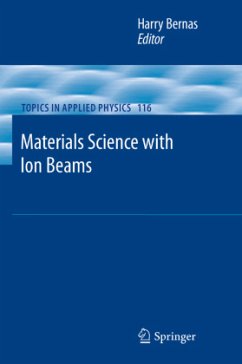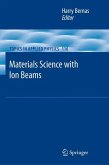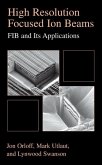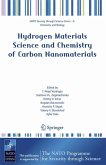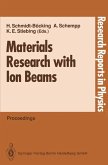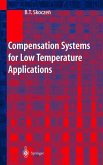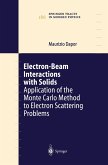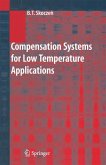Materials science is the prime example of an interdisciplinary science. It - compasses the ?elds of physics, chemistry, material science, electrical en- neering, chemical engineering and other disciplines. Success has been o- standing. World-class accomplishments in materials have been recognized by NobelprizesinPhysicsandChemistryandgivenrisetoentirelynewtechno- gies. Materials science advances have underpinned the technology revolution that has driven societal changes for the last ?fty years. Obviouslytheendisnotinsight!Futuretechnology-basedproblemsd- inatethecurrentscene.Highonthelistarecontrolandconservationofenergy and environment, water purity and availability, and propagating the inf- mation revolution. All fall in the technology domain. In every case proposed solutions begin with new forms of materials, materials processing or new arti?cial material structures. Scientists seek new forms of photovoltaics with greater e?ciency and lower cost. Water purity may be solved through surface control, which promises new desalination processes at lower energy and lower cost. Revolutionary concepts to extend the information revolution reside in controlling the "spin" of electrons or enabling quantum states as in quantum computing. Ion-beam experts make substantial contributions to all of these burgeoning sciences.

